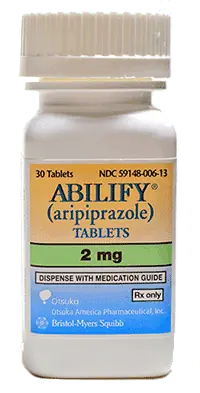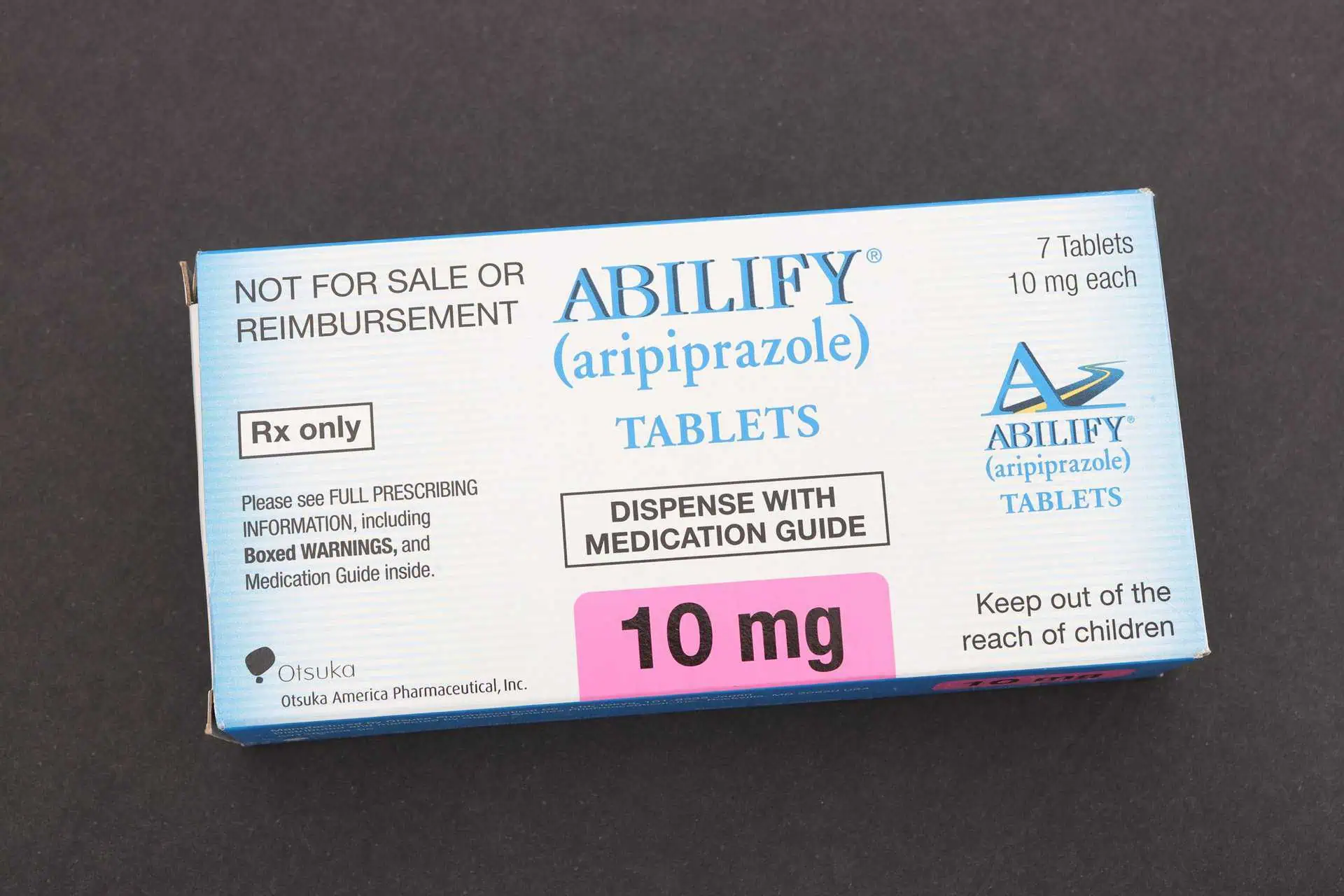Abilify and its generics previously listed compulsive gambling as a potential side effect for the antipsychotic drug and its generics.
After 14 years of monitoring adverse events, the FDA said the warning was not strong enough.
According to Abilify lawsuits, the warning did not reflect the nature of the impulse-control risk.
A 2014 study by Thomas Moore of the Institute of Safe Medication Practices, noted that urges were not rare.
These include uncontrollable gambling, eating, shopping and having sex.
In fact, Moore notes:
“If you compare the uncontrollable urges to the risk of suicide among patients who take antidepressant drugs, the rate of uncontrollable urges is much higher.”
In addition to the 2014 studies, the Abilify lawsuits note that both Canada and Europe updated their warnings, but the manufacturer (BMS-Otsuka) failed to warn patients of the dangers in the U.S.
In fact, the Abilify drug makers hid evidence from the government when they got FDA approval.
They knew the drug could cause these conditions in people and they went ahead and sold it to the public anyway.
A corporation, by definition, is profit-seeking.
There is no requirement that a corporation acts morally.
Unfortunately, too often we see dangerous drugs, devices, and products remain on the market when corporations prioritize profit over people.
If these same corporations warn consumers of these risks, there is no case.
We only pursue lawsuits on behalf of individuals who were not warned of the risk associated with the dangerous drug, device or product on the market.
TruLaw is pursuing Abilify lawsuits because we believe consumers were not properly warned of the risks of injury.
If doctors had really known all the risks associated with Abilify, they would have prescribed a different treatment for patients.



